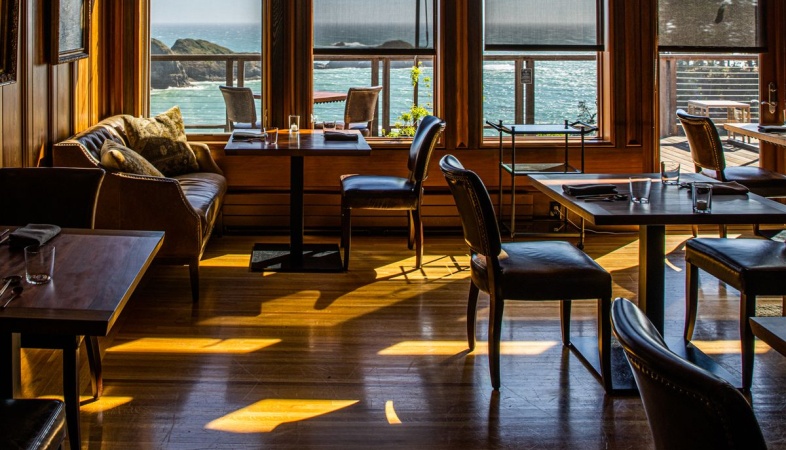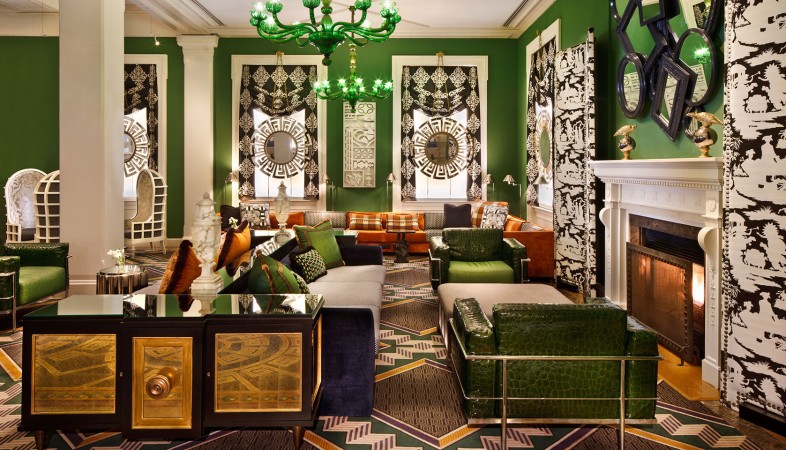The Impact of Social Media on Hospitality: Building Brand Presence and Engaging with Guests
By showcasing the people behind the brand and the stories that make each property unique, hotels can foster a sense of trust, authenticity, and connection with their audience.

In today's digital age, social media has become an integral
part of the hospitality industry, offering hotels and resorts powerful tools
for building brand presence, engaging with guests, and driving bookings. In
this article, we'll explore the significant impact of social media on
hospitality businesses and the strategies they use to leverage these platforms
effectively.
Social media platforms such as Facebook, Instagram, Twitter, and LinkedIn provide hospitality businesses with unprecedented opportunities to connect with their audience on a personal level. By creating compelling content and engaging with followers in real-time, hotels can cultivate a strong online presence and build meaningful relationships with both current and potential guests.
One of the most significant benefits of social media for hospitality businesses is its ability to showcase the unique features and amenities of a property. Through visually appealing photos, videos, and virtual tours, hotels can give potential guests a glimpse into the guest rooms, restaurants, pools, spas, and other facilities, helping them make informed booking decisions.
Moreover, social media allows hotels to humanize their brand by sharing behind-the-scenes content, introducing staff members, and highlighting the stories and experiences of guests. By showcasing the people behind the brand and the stories that make each property unique, hotels can foster a sense of trust, authenticity, and connection with their audience.
Social media also plays a crucial role in guest engagement and communication. Hotels can use platforms like Facebook Messenger, Twitter, and Instagram Direct to respond to inquiries, address guest concerns, and provide personalized assistance in real-time. This proactive approach to guest communication not only enhances the overall guest experience but also helps hotels build a loyal fan base of satisfied customers who are likely to return and recommend the property to others.
In addition to engaging with guests directly, social media enables hotels to leverage user-generated content (UGC) to amplify their brand reach and influence. Encouraging guests to share their photos, reviews, and experiences on social media not only creates valuable content for the hotel but also serves as authentic social proof that can influence the booking decisions of others.
Furthermore, social media provides hotels with valuable insights and data that can inform their marketing strategies and business decisions. By analyzing metrics such as engagement rates, reach, and audience demographics, hotels can gain a deeper understanding of their target market and tailor their content and campaigns accordingly.
To maximize the impact of social media on their business, hospitality brands must develop a comprehensive social media strategy that aligns with their overall marketing objectives and brand identity. This strategy should include clear goals, audience targeting, content planning, community management, and performance measurement to ensure a consistent and effective presence across all platforms.
Social media has revolutionized the way hospitality businesses market themselves, engage with guests, and build brand loyalty. By leveraging the power of social media platforms effectively, hotels can enhance their brand presence, drive bookings, and create memorable experiences that keep guests coming back for more. As social media continues to evolve, hotels must stay agile and innovative to stay ahead of the curve and capitalize on the opportunities it presents.
.png)












.jpg)
















